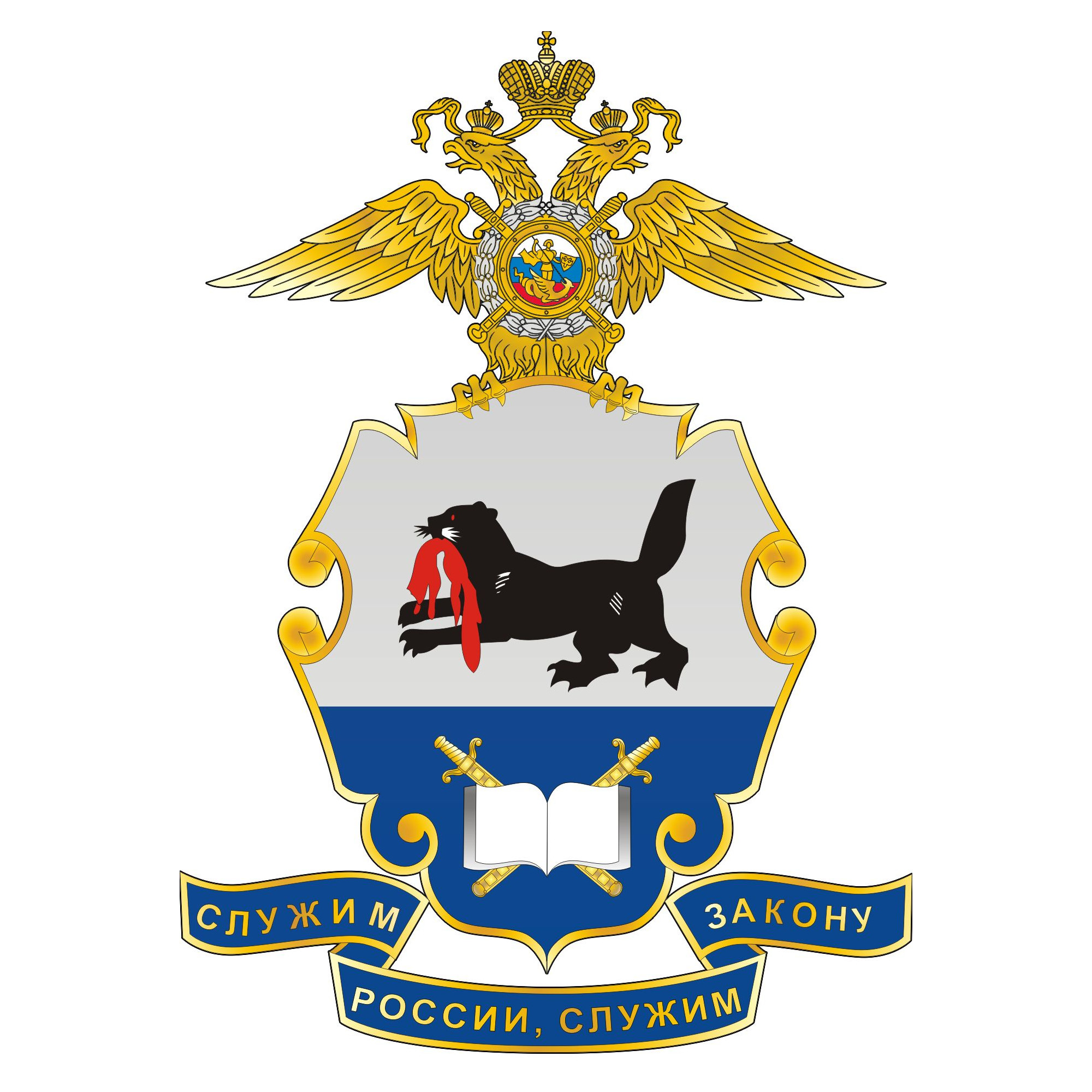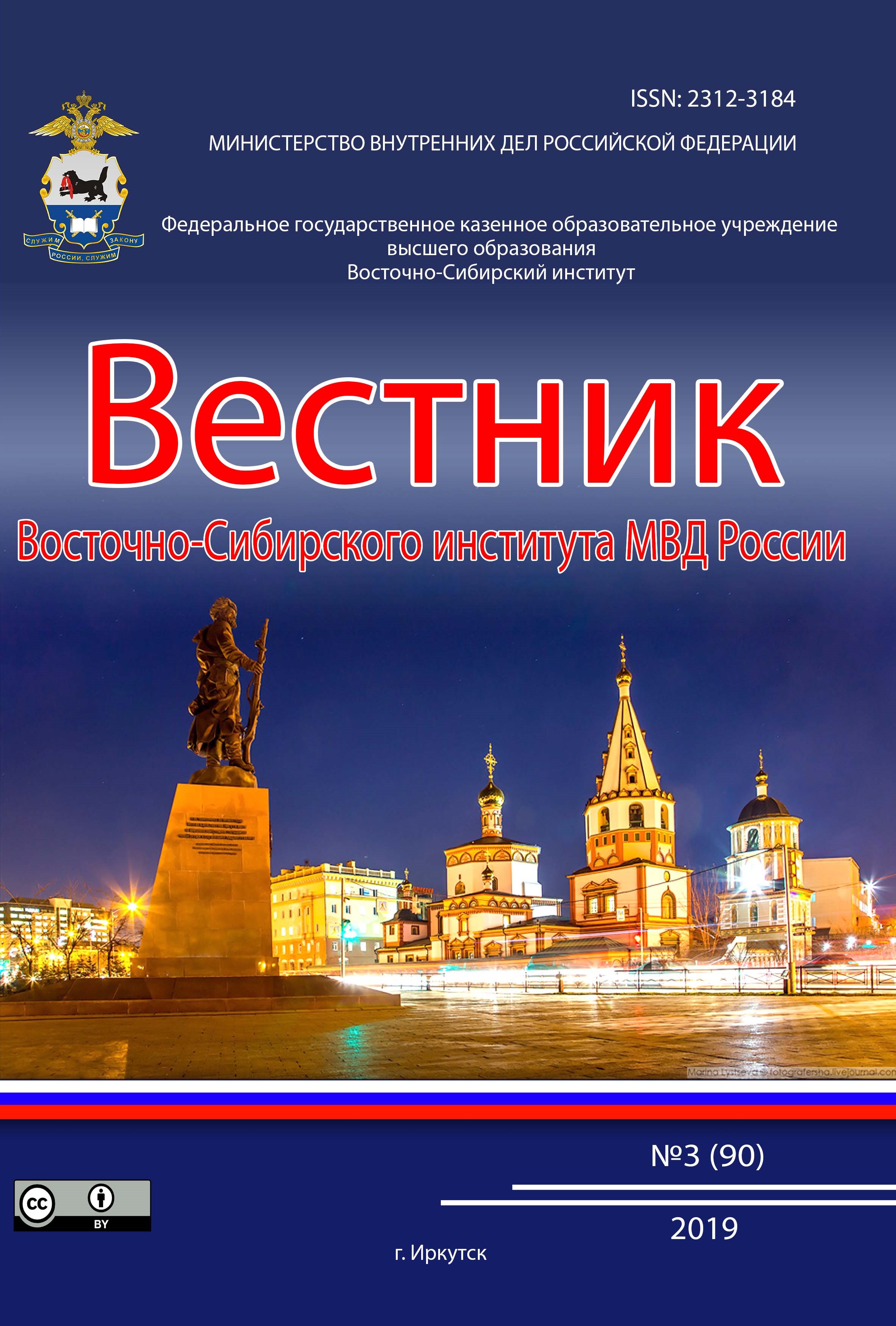St. Petersburg, St. Petersburg, Russian Federation
UDC 340
Abstract: The article is devoted to the general theoretical and applied analysis of the decisions of the Constitutional Court of the Russian Federation aimed at improving the rule-making activities of the Ministry of Internal Affairs of Russia, identifying rule-making defects, the author argues for the hypothesis of problematic legal regulation; uncertainty of legal regulation; inconsistency of legal regulation in the system of the Ministry of Internal Affairs of Russia and suggests legal mechanisms for solving. The purpose of the scientific article is to analyze the rulings of the Constitutional Court of the Russian Federation, the theoretical approaches of legal scholars to the concept of problematic legal regulation; uncertainty of legal regulation; inconsistency of legal regulation in the system of the Ministry of Internal Affairs of Russia are analyzed. The study monitored the rulings of the Constitutional Court of the Russian Federation, which identified defects and recommendations to the legislative body for correction on amendments and additions to regulatory legal acts. Based on the results obtained, it is concluded that the constitutional and legal aspects are aimed at carrying out the rule-making activities of the Ministry of Internal Affairs of Russia, developing proposals and recommendations for legislative activity, making amendments and additions to federal legislation.
Keywords: normative activity of the Ministry of Internal Affairs of Russia, defect, rulemaking, problematic legal regulation, uncertainty of legal regulation, inconsistency of legal regulation.
1. Andreev S. D. Procedural defects of administrative legal acts // Journal of Russian Law. No. 4 (232). 2016. pp. 81-92.
2. Arzamasov Yu. G. Departmental rulemaking: current state, problems of modernization // Journal of Legal technology. 2012. No. 6.pp.28-36.
3. Zubov I. N. Legal support of the system of the Ministry of Internal Affairs of Russia: current state and development prospects // Bulletin of the St. Petersburg University of the Ministry of Internal Affairs of Russia. 1999. No. 1 (1). pp. 6-14.
4. Talyanin V. V. The quality of the law as a factor in increasing the "social prestige" of legal legality // Bulletin of the Nizhny Novgorod University named after N. I. Lobachevsky. Series: law. 2001. pp. 209-212.
5. Tolstik V. A., Minnebaev R. H. Classification of defects of actual compositions // Bulletin of the Nizhny Novgorod Academy of the Ministry of Internal Affairs of Russia. No. 1 (17). 2012. pp. 59-65.
6. Anisimova T.V. Linguistic requirements for legal terminology // Law and order in the third millennium. IX Baltic Legal Forum. materials of the international scientific and practical conference. Kaliningrad, 2021. pp. 117-120.
7. Tolstik V. A. Problems of classification of legal terminology // Actual problems of economics and law. 2013. No. 2. pp.176-182.
8. Turanin V. Yu. Typology of errors in the use of legal terminology in Russian legislation // Russian Justice. 2009. No. 8. pp. 12-14.
9. Mityuchenko L. S., Nizhnih O. S. Problems of ensuring the legality of regulatory legal acts of executive authorities of the subject of the Russian Federation // Bulletin of the Bryansk State University. 2015. No. 3. pp. 313-317.
10. Linko V. V. Law enforcement activity in conditions of uncertainty in law // Law and Law. 2019. No. 9. pp. 54-58.
11. Zamotaeva E. K. ensuring the legality of regulatory legal acts of executive authorities // Journal of Russian Law. 2010. 9 (165). pp.24-37.












